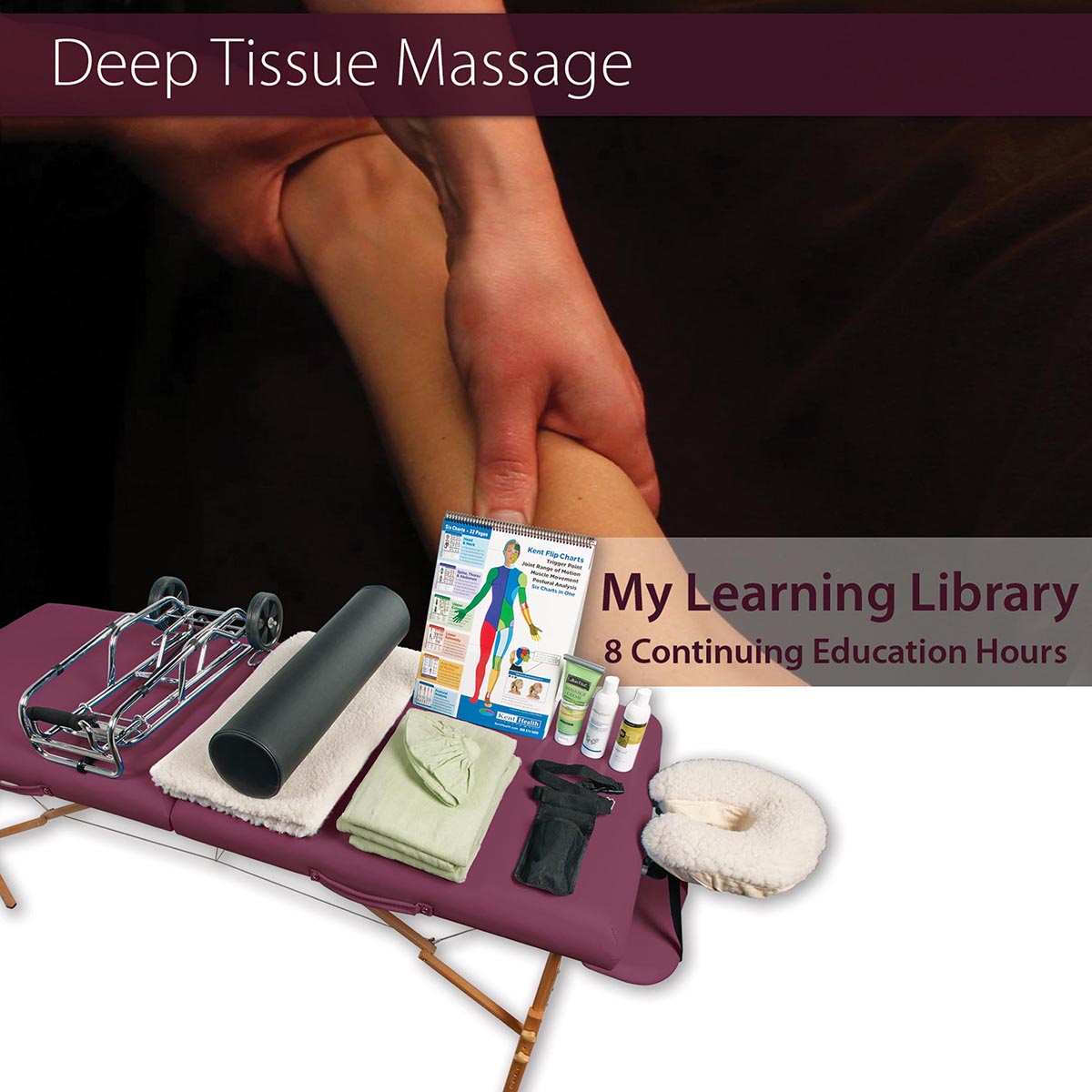Massage is a long-standing and ancient method of treatment. It involves applying pressure on the soft tissues of your body. Techniques for massage are typically used with elbows, hands, and knees. Massage is generally used for many reasons, including pain and stress reduction. Alongside relaxing and relieving stress Massage can be employed to fight various medical conditions.
Additional reading Massage benefits available for patients with disabilities that require medical attention
Massage can be beneficial for those suffering from certain health issues. Massage isn't the only cure for an illness however, it is beneficial in helping to reduce symptoms and encourage recovery. Side effects and other risks are also possible. People with certain medical conditions that include asthma or the condition of diabetes, must consult with their doctor before taking a massage.
Massage may reduce anxiety as well as anxiety by easing tension. It's been demonstrated that massage can reduce migraine-related symptoms. Massage may reduce cortisol levels, which could cause anxiety. It's been proven to enhance sleep, lessen fatigueand also help to ease headaches. Furthermore, it could help improve the quality of living for those with chronic diseases like heart failure congestive.
Techniques
When choosing the techniques you apply, ensure that you consult your client regarding their preference. The pressure can be adjusted and frequency of the massage by asking the client. It is a good idea starting with low pressure, and then work towards more intense techniques. Be sure to ask your customer regarding how long they'd prefer the massage to take prior to increasing the intensity.
Massage techniques may employ aromatic oils to help clients relax. These can be delivered via diffusers, rolls-on sticks or in granules. Another type of massage involves assisted stretching. It involves various stretching techniques. More employers are incorporating these programs into their workplace fitness programs.
Effects of pressure on nervous system
Heart disease and hypertension can both be caused by the sympathetic nervous system. Its precise function isn't identified and its functions are yet to be fully comprehended. Because this system is often present only during acute events and is not able to determine its function during chronic circumstances. In the end, studies of its performance in acute conditions are often extrapolated to long-term conditions. One of the major connection points between the sympathetic nerve system and blood pressure control is kidney sympathetic nerves.
Certain organs and functions of the body are controlled by the sympathetic nervous system like heart rate, blood pressure and temperature. It connects to the rest of the body through the hypothalamus. Parasympathetic nervous , which controls voluntary body functions, is its counterpart. The two systems are linked and are able to work in tandem to achieve an environment of balance. Certain diseases can disrupt the balance. One of the diseases that can cause this is hypertension. It occurs when the sympathetic nervous system gets hyperactive.
The immune system is under pressure.
The immune system can be affected by stress. It is believed that psychological stress may affect the immune system, while long-term stress can increase it. The physiologic stress response is mounted rapidly in the presence of the stressor and shuts down rapidly when the cause is removed. In compartments acting as barriers to defense, acute stress could increase the power of the immune system's responses to the challenge.
Stress can cause inflammation and lead to serious diseases like diabetes and heart disease. There are a variety of positive treatments that could help to prevent the harm caused by immune dysregulation caused by chronic stress. Furthermore, studies into the impact of stress on our bodies may have implications for understanding the effects of extreme stresses. For instance, astronauts who experience extended space travel experience a complex and challenging environment which is a mix of both psychological and physical stressors.
The precautions you should take prior to having the massage
If you are planning to get massages, there are certain precautions you have to take. You should make sure that there isn't any skin ailments. The massage therapist should be informed Therapist if there was an injury or have recently gone through procedures. Make sure to fill out a pre-session questionnaire and sign permission forms. It is possible that you will not be able to share information that you need.

It is also important to ensure that you don't have any sort of disease or infection. It is crucial because those who are suffering from an disease are more susceptible to becoming infected and transferring the disease to the massage practitioner. Prior to booking your massage call your doctor if your temperatures have increased within the past 24 hours.
